Zohran Mamdani’s South Asian appeal: An interview with the author of “Desis Divided”
On what a Mamdani administration means for the South Asian community, Mishra said it represents both symbolic and substantive change.
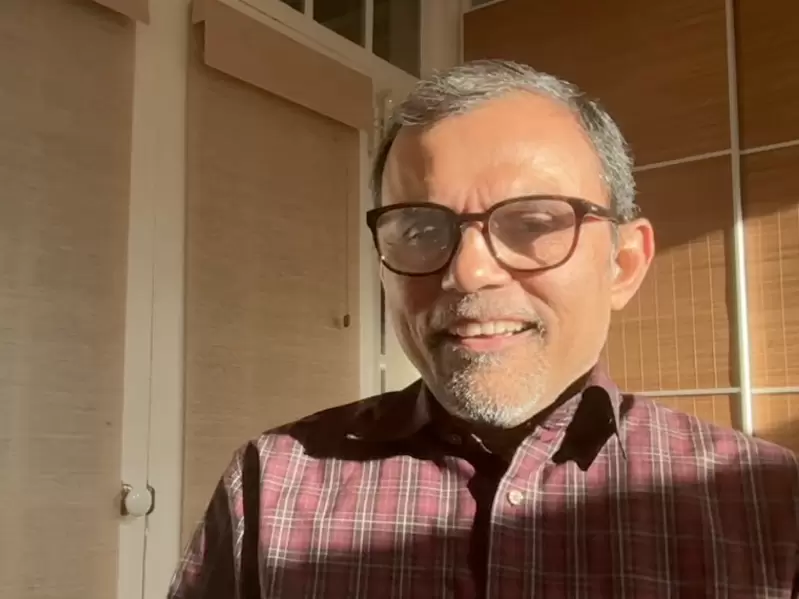 Prof. Sangay Mishra. / Navya Asopa
Prof. Sangay Mishra. / Navya Asopa
India Abroad spoke with Prof. Sangay Mishra, the critically acclaimed author of Desis Divided: The Political Lives of South Asian Americans, to understand what motivated South Asian New Yorkers to vote in large numbers, volunteer for mayoral campaigns, and what a Mamdani administration could mean for the diaspora.
South Asians living in New York emerged as a political force in this mayoral election, with voter turnout rising 40 percent compared with the 2021 primary, according to The New York Times.
“There is a question of representation,” Mishra said. “It’s a South Asian who is being represented in an important political office. But it is also something beyond representation. Mamdani is talking about questions of affordability, which are very, very important.”
He added that a large number of South Asians in New York City do not come from affluent families. “They see a candidate who is talking about their lives, how he can improve their conditions. That created a lot of excitement.”
Mamdani was perhaps the only candidate who was upfront about his position on President Donald Trump, declaring, “I would take on Trump.” In the context of ICE raids and other attacks on immigrants in New York, Mishra said a Mamdani administration could face challenges.
“It is going to be challenging because every mayor has to work with the state government,” he said. “He’s going to have to navigate this complex and difficult terrain carefully. But based on what he’s said during the campaign, he’s very clear that he’ll do everything possible to protect people vulnerable to ICE raids—people who are undocumented but law-abiding and just living their lives.”
Asked how Mamdani could balance immigrant protection with maintaining a working relationship with the federal government, Mishra pointed to local policing practices.
“The NYPD is a large force,” he said. “One of the things many cities have long decided is that they will not cooperate with federal immigration officials. They will not inform them about undocumented people or assist in detaining or deporting them. If the NYPD refuses to cooperate with federal authorities, that in itself is a big protection. That’s where an administration like Zohran Mamdani’s can push back.”
On what a Mamdani administration means for the South Asian community, Mishra said it represents both symbolic and substantive change.
“It means a lot for the South Asian community because, first, it’s a question of representation,” he said. “But more important than that, it’s about the kind of vision Zohran Mamdani has. He symbolizes an America that is inclusive—an America where everyone feels they are part of the country.”
Mamdani, born in Uganda, immigrated to the U.S. at age 7 and became a naturalized citizen in 2018. “If you think about his rise in politics, you see someone who can be considered an outsider,” Mishra said. “Then you see that kind of person becoming such a popular politician. For South Asians, that means seeing a different version of the United States—one that stands in complete contrast to what Trump proposes.”
“Trump’s politics suggest that anyone who is foreign-born or not a ‘typical American’ is suspicious,” he continued. “Mamdani’s appeal lies in the opposite idea: inclusivity. No matter your class, background, ethnicity, or religion, you are part of this country and can make a difference.”
“That’s a big thing in the way politics is structured today,” Mishra said. “For that reason, this is a really big moment for South Asians and other communities who’ve long been on the margins of American politics.”
ADVERTISEMENT
ADVERTISEMENT
E Paper
Video




 Navya Asopa
Navya Asopa.png)

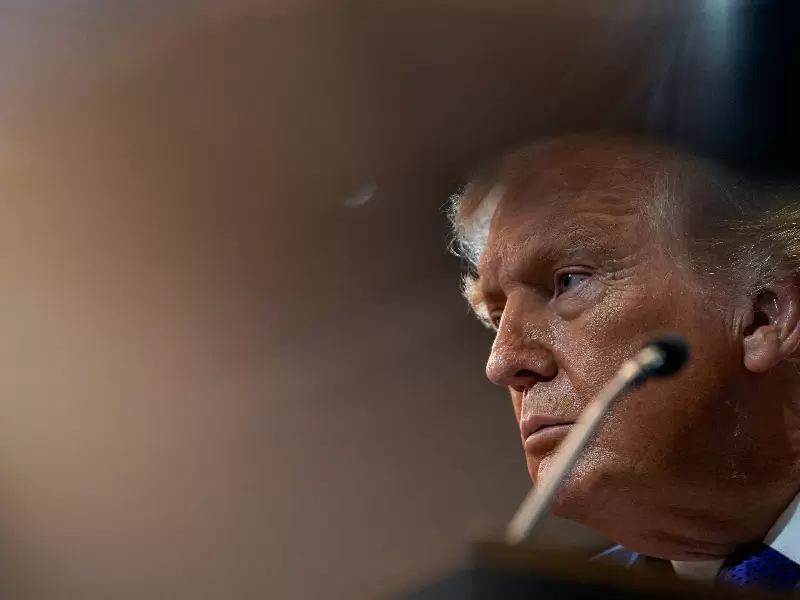

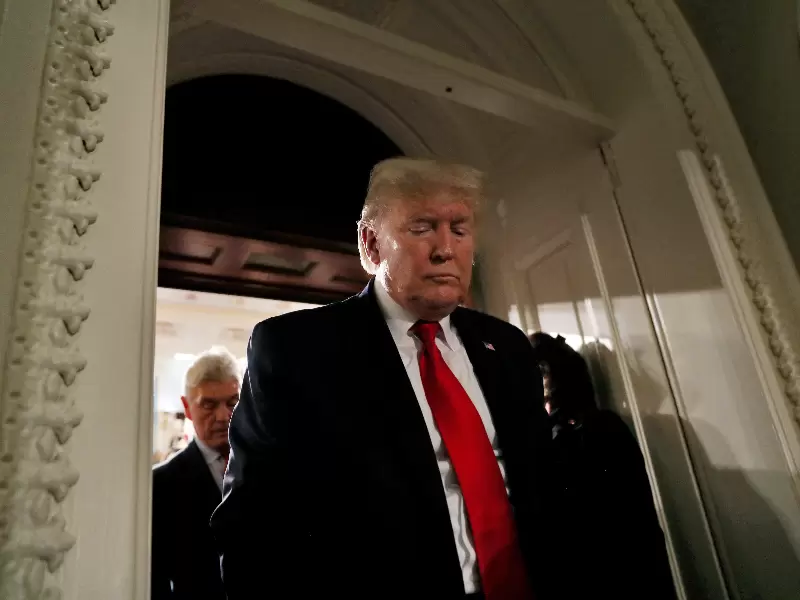
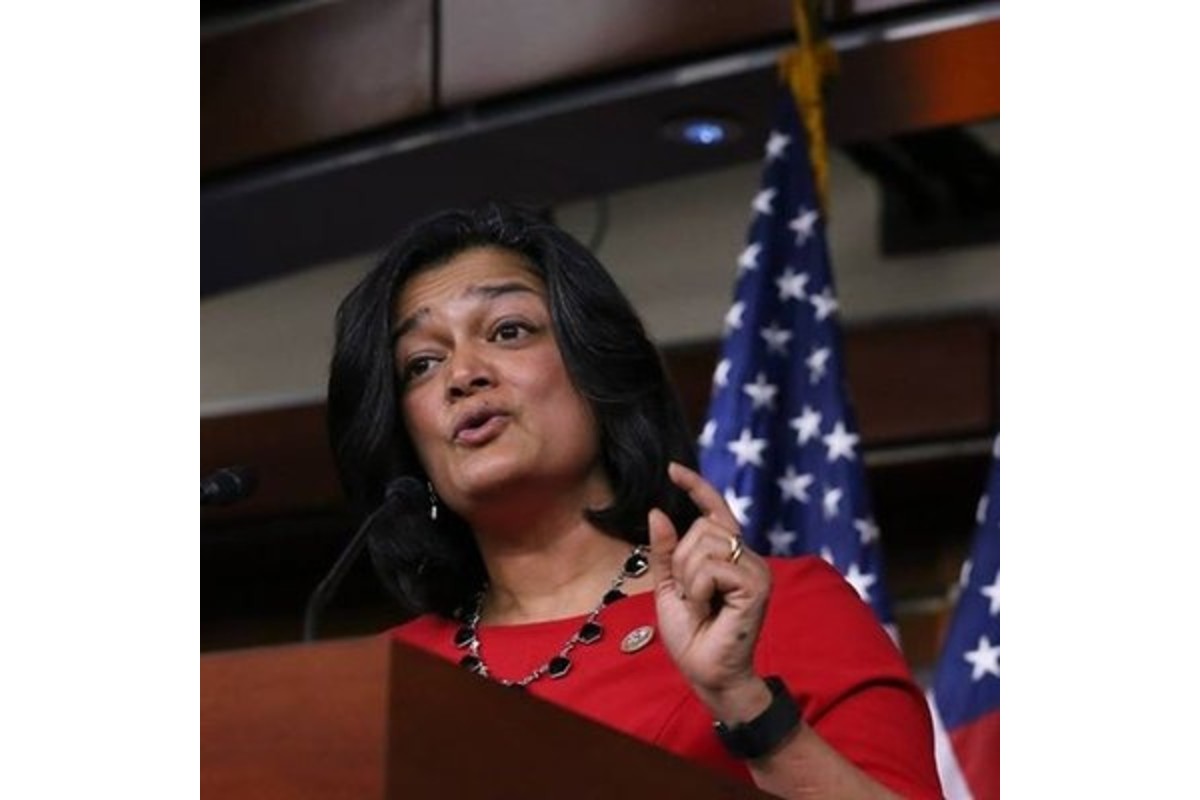
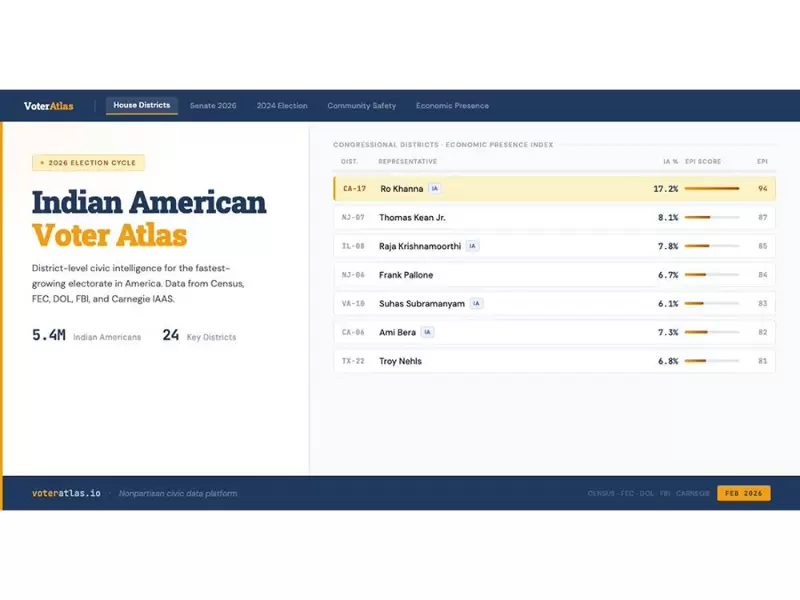
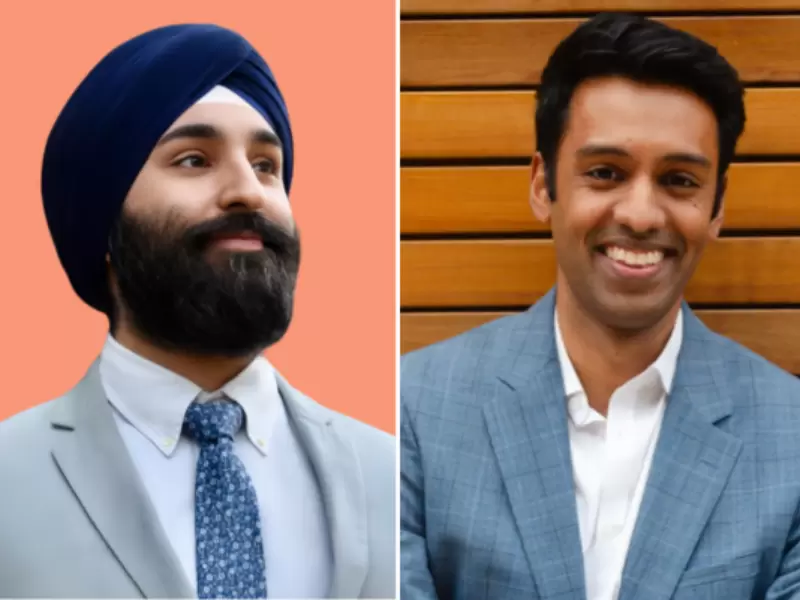
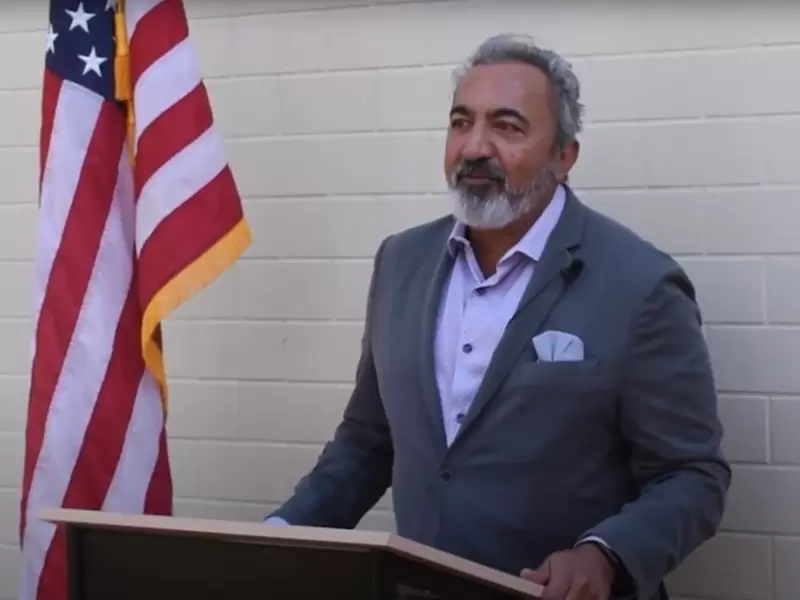
_(cropped)-1.jpg)
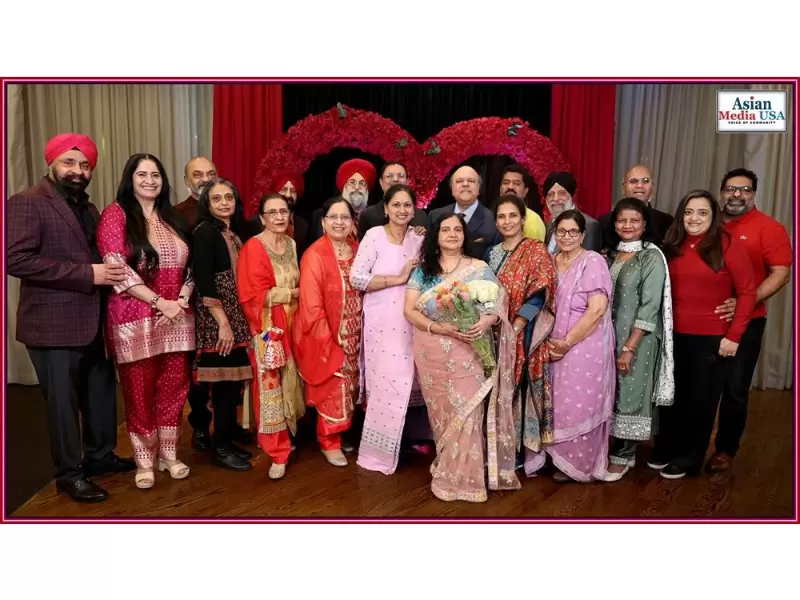



Comments
Start the conversation
Become a member of New India Abroad to start commenting.
Sign Up Now
Already have an account? Login